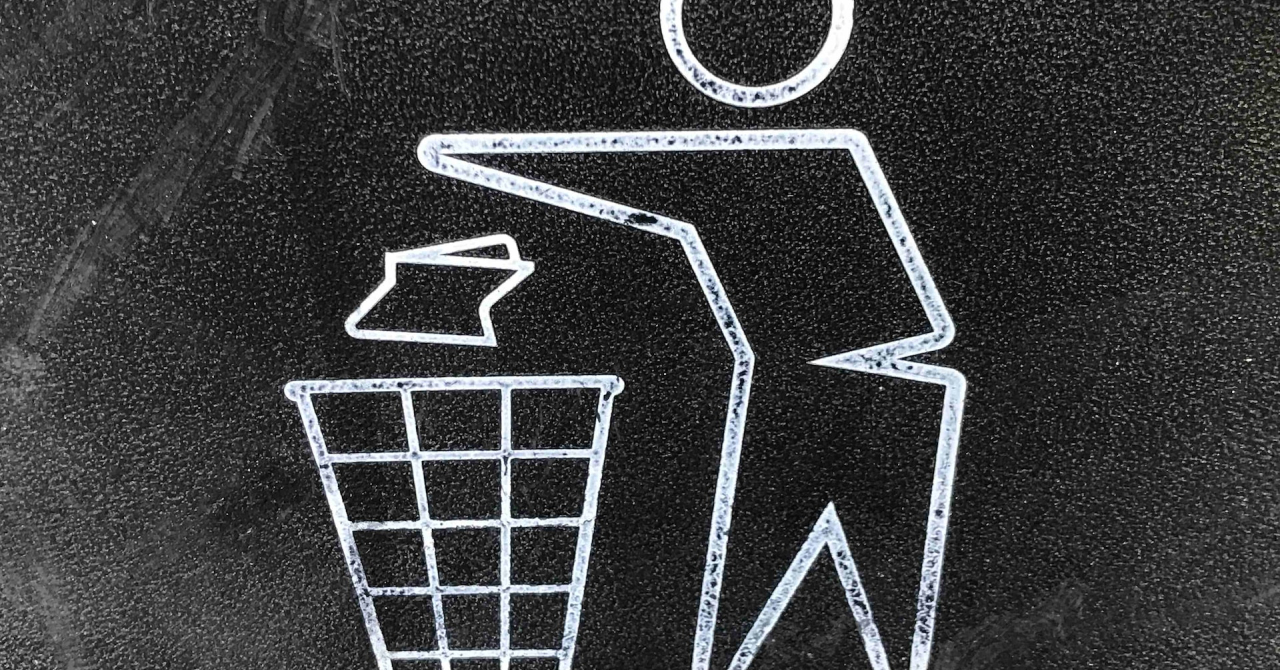Euronews.green writes that recycling our trash is one of the best ways to avoid the consumption of the planet's resources, by replacing them with materials already found in the economy. This is one form of circular economy, which aims to keep materials in use for as long as possible, before they are no longer recyclable or can't be reused any longer.
Experts say that in 2020, EU households and economic activities generated a total of 2.1 million tons of waste, 4.8 tons being the average attributed to every citizen on the bloc.
The construction industry was responsible for 37.5% of the generated waste, while 23.4% was produced by the mining sector.
Energy accounted for 2.3% of the generated waste, while agriculture, forestry and fishing produced one percent of the EU's total waste back in 2020.
Germany and France produced one third of the bloc's waste in that same year, with 401 million tons and 310 million tons, respectively, with 19% and 14% of the total share.
Romania was middle of the pack, with 141 million tons of waste, while Cyprus and Iceland generated the least amount of waste, at 2.2 million tons and 1.1 million tons, respectively.
EU's recycling champions
Over 1.9 million tons of waste was being treated in the EU in 2020 and treating waste can be divided into two categories, recovery and disposal. Recycling and energy recovery are included in the recovery process, while disposal is exactly what it sounds like, putting it towards landfills or incinerating it.
Of all treated waste in 2020, almost 40% was recycled, while 12% was backfilled and 6.5% was used to recover energy.

When it comes to recycling in that year, Romania was among the countries with the lowest rate, at 5.2%, while Italy was among the champions, with over 83% waste recycled. Belgium and Latvia were also in the top three EU countries which took recycling seriously, with 74% and 64% respectively.
Europe's recycling champions
Statistics also show that, in 2021, 49.6% of the municipal waste generated by EU countries was recycled. Again, Romania was among the bottom of the states that recycled municipal waste, at 11.3%, while Germany was among the champions of recycling it, at over 71%. Austria, Slovenia and Italy were also among the EU's top municipal waste recyclers back in 2021.
At the other end of the spectrum, France, the UK and countries in the Scandinavian peninsula were among the nations with the least recycled municipal waste.
One of the reasons some countries do better than others when it comes to recycling trash is the fact that they apply taxes on landfills and incineration, while also setting fees for waste collection. All these measures encourage recycling, rather than classic disposal.
It is also important to take into account waste exports and in 2021, 33 million tons of waste generated within the EU reached countries outside the bloc, 77% more than in 2004.
14.7 million tons of exported waste reached Turkey, the top importer of EU-produced trash. The Netherlands exported the most quantity of waste of all EU countries, at 6.4 million tons, with Belgium and Germany being the second top exporters in 2021, with 4.3 and 3.5 million tons each. Czechia and Cyprus exported the least waste in 2021, with 100.000 tons each.
 Mihai - Cristian Ioniță
Mihai - Cristian Ioniță












Any thoughts?